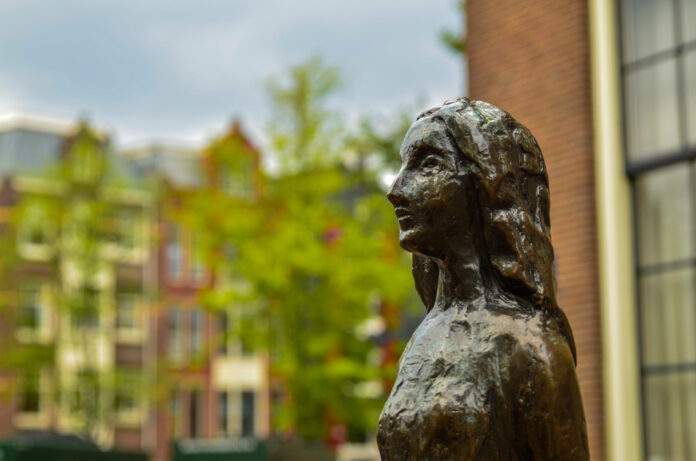With less money in the pockets of Dutch people, the blame is being placed on the backs of Jewish people in the Netherlands.
As the cost of living rises in the Netherlands, apparently, so does anti-Semitism. Experts say that this is already becoming visible, with the number of anti-Semitic incidents rising in 2021 by 58%, according to reports by NU.
It seems like we haven’t learned from the past about this one. 🙄
Panic over loss of control
When there are major crises, such as the coronavirus pandemic, when anti-Semitism also rose drastically, people seek ways to understand the loss of control. The result of this? Anti-Jewish sentiment.
Anti-Semitism threatens the law
“There is even anti-Semitism when there are not even Jews present,” explains social psychologist Ron van Wonderen, from the Verwey-Jonker Institute.
This can even occur for things like football chants at major matches.
For example, fans of Amsterdam’s football club Ajax are nicknamed super-joden (Super Jews). Rivals have taunted Ajax in the past with songs like “Hamas, Hamas, Jews to the gas” and “Let’s go Jew hunting.”
These chants and sentiments can carry over into the workplace and offices, explains Van Wonderen, making them an intimidating and uncomfortable place for Jewish people to be.
However, these kinds of chants, even if hidden behind the motivation of ‘country pride’ or simply a joke, are still going against the rule of law.
History repeats itself
This level of anti-Jewish sentiment is worrying, especially as we are now reaching inflation levels higher than those seen during World War II. In a similar way that blame was placed on the “rich” Jewish during the 1930s and 40s, this is happening again.
In fact, in a survey conducted by the European Union Agency for Fundamental Rights (FRA), 73% of Jewish people in the Netherlands considered anti-Semitism to be “a very big or a fairly big problem in their country.”
On top of this, in many European countries, almost one in five people have admitted they would not accept Jewish people as fellow citizens.
Government plans to stop the hatred
Utrecht University found that over 200,000 messages, including posts on social media sites, such as Tweets, that express anti-Semitism were shared in 2020, making online hatred a big problem.
According to UU, it is now estimated that some form of anti-Semitic content is published on social media every 83 seconds.
However, the cabinet has proposed to introduce new measures to prevent anti-Semitism online.
Included with the plan to have new measures to prevent the spread online, the government will also have better education for students about anti-Semitism.
This includes raising more awareness about Judaism, its teaching, and customs, lessons for students about the Holocaust, and funding for anti-Semitism projects to promote capacity building and resilience.
What do you think about the rise of anti-Semitism? Tell us your thoughts in a comment below!
